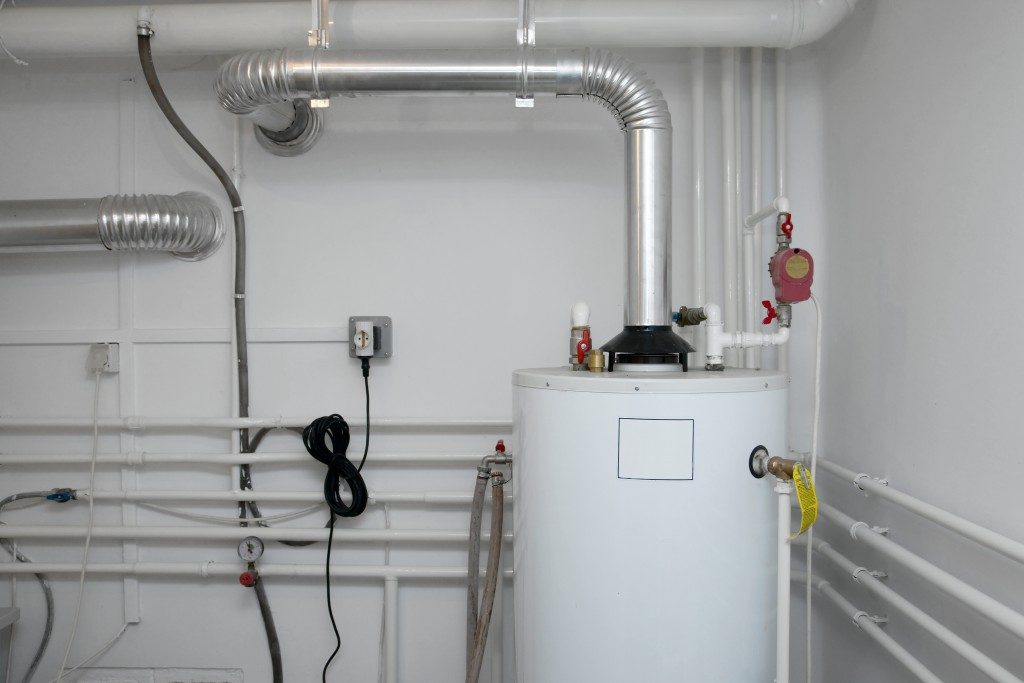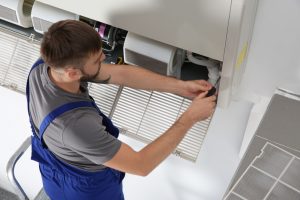How well do you know the components of an HVAC system? Well, if you are not aware of the various parts, read on to know about air filters that are essential in a furnace of any HVAC system using forced air. First, the air filters are available in different types, but all work to ensure that you have clean air and functioning equipment.
The different types of filters for HVAC systems in Salt Lake City include:
HEPA Filters
HEPA (high-efficiency particulate air) filters serve to filter your air through the trapping of about 99% of dust particles in your home. These filers are excellent for indoor use. However, they can lower the airflow of your system and spike energy usage levels.
Pleated Filters
These types of filters trap particles that are very small such as viruses and bacteria. The filters are long-lasting, and you can guarantee long service from the filters. Also, these filters do not compromise the airflow within the HVAC system.
Electrostatic Filters
These are of fibers with self-charging capabilities. They are best for eliminating the particles in indoor air. The filters are either washable or disposable, and the right ones to use depending on your furnace requirements. The service life of electrostatic filters is longer than that of an average filter. When using the washable filters, ensure it is dry before you reinstall it to prevent mold growth.
 Fiberglass Filters
Fiberglass Filters
This type of filters is the most disposable, and that explains their low cost among the other filters. The filters prevent the build-up of dirt or dust on motors, furnaces, and heat exchanges. Although your system will enjoy maximum airflow, these filters only trap the large particles. That means that they expose you to the small particles that could affect your health.
Replacing Filters
After using your filters for a while, you need to change them regularly to continue enjoying the benefits of having air filters. The dust and dirt clogs cause obstructions in airflow, stress your system, and minimize the HVAC system’s efficiency. But how often should you replace your air filters?
Check the Filter Guidelines
Before installing or replacing your filter, take time to go through the product descriptions on the packaging. Check the maximum usage period before replacement according to the manufacturer’s specifications. The standard duration for filter replacement is three months, but this can vary depending on the filter you are using.
Air Quality
If the area you live in has a lot of pollutants, it means that the air quality is low. Your filter will trap the contaminants in the air, and that means you will use filters for a short duration of time than usual. The reverse is true; if your indoor air quality is high, you do not necessarily need to change your filters frequently.
If you are unsure about the right filters for your type of furnace, it is advisable that you inquire from your filter supplier. HVAC experts in Salt Lake City advise that you also follow the recommended maintenance and replacement cycles. Doing so will ensure that your system functions well throughout the year.






